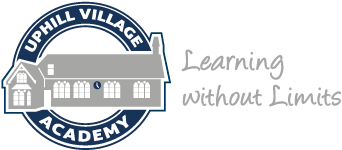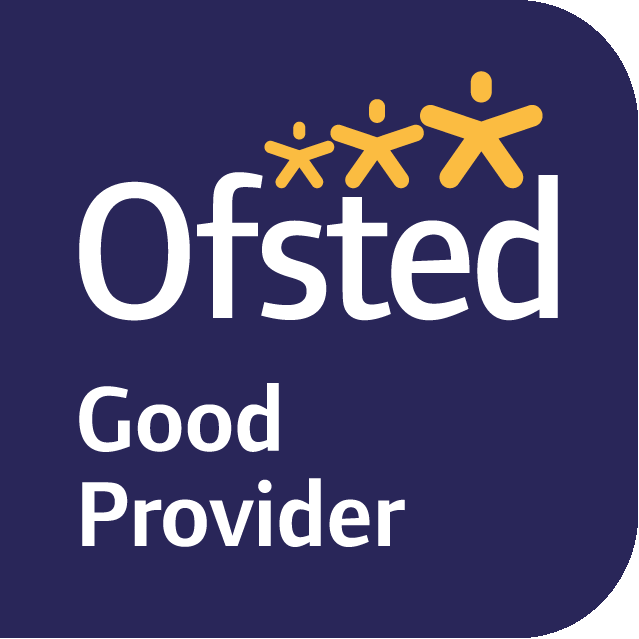Curriculum Overview
At Uphill Village Academy we support children’s academic development through sequences of learning designed to engage, immerse and challenge all. Our curriculum has been curated by subject specialists working 3-19 across our trust and as such, there are clear rationales in place for the decisions we have made about the sequencing and building of knowledge over time. For example, the learning of history follows a progressive curriculum where events are present chronologically across the academy. Learning begins with the knowledge of oneself in the present and grows from there. As another example, geographical progression is organised across the academy to allow pupils to learn about locational knowledge at a local and national scale as well as places at a distance. For our children in early years, learning starts with the knowledges of themes in their immediate location of home and school and develops to learning about the wider world.
These start points build towards our loftier goal of self-agency, underpinned by sense of self and sense of place.
If you would like to see any of this in action, please contact Samantha Hodder to make an appointment.



